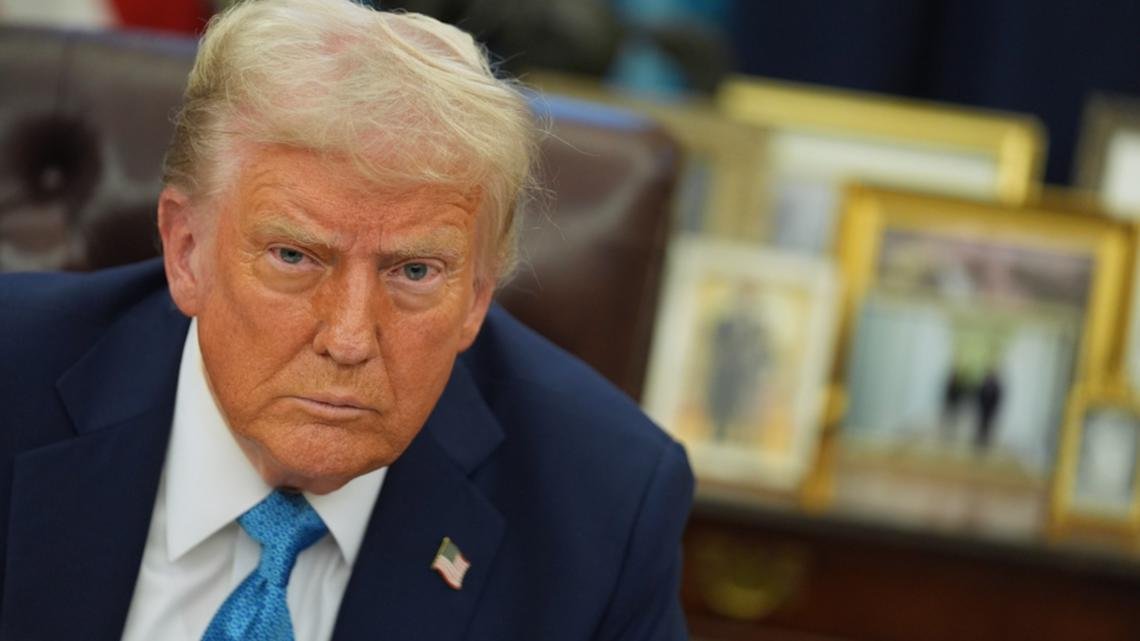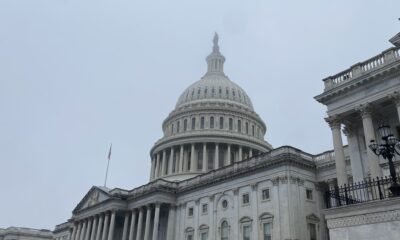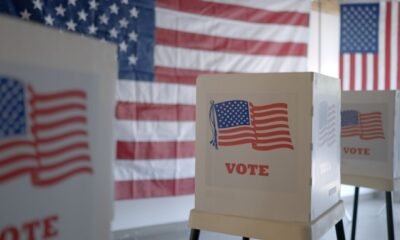cct-tracking
Second Judge Halts Trump’s Federal Funding Freeze

BOSTON — A federal judge has issued a temporary injunction, halting the Trump administration’s initiative to freeze federal funding, amid ongoing disputes over significant national financial allocations. This ruling comes as nearly two dozen states sought urgent intervention against the freeze, and Judge John McConnell responded favorably, limiting the federal government’s ability to restrict funding.
The order was reinforced by earlier actions from another judge in Washington, who delivered a separate injunction just moments before the funding freeze was set to be implemented. Judge McConnell’s ruling mandates that the government cannot “pause, freeze, impede, block, cancel, or terminate” promised funding during this temporary restraining period.
In his decision, McConnell emphasized the need for judicial protection given the ambiguous nature of the executive action. “The breadth and ambiguity of the Executive’s action makes it impossible to do otherwise,” he stated, illustrating the potential chaos stemming from funding disruptions.
This ruling has garnered positive feedback from various states involved in the litigation. Massachusetts Attorney General Andrea Campbell praised the decision, asserting it prevents unilateral federal funding withdrawals that threaten essential community resources. “His reckless actions unleashed chaos and confusion,” she noted, reaffirming her office’s commitment to protecting residents from perceived overreach.
Rhode Island’s Attorney General, Neronha, echoed these sentiments, highlighting the irreversible damage such directives could inflict on citizens across the nation. “This federal funding pause was implemented to inspire fear and chaos,” he argued, emphasizing a need for accountability.
Despite the federal government’s opposition to the restraining order, claiming no grounds for what they labeled as “sweeping relief,” the judge’s ruling persisted. Earlier this week, the Office of Management and Budget had indicated a reversal of its initial directive regarding federal grants and loans, but concerns remained about continuing ambiguities.
McConnell classified the current economic situation as “in name-only,” stressing that a funding freeze remained unjustifiable. Meanwhile, White House officials affirmed that the planned funding freeze aligns with President Trump’s executive orders aimed at various policy shifts, including increasing fossil fuel production and altering inclusivity measures.
The fallout from the OMB’s initial memo instilled significant apprehension among the states and organizations reliant on federal funding. Administration officials later clarified that essential services, including Medicare and Social Security, would remain unaffected, though this clarification did little to mitigate the prevailing confusion.
Legal representatives for the Trump administration contended that the federal court lacked jurisdiction in this matter, insisting that the President retains authority over directing agency actions in accordance with his agenda. The judge’s sympathetic stance during prior hearings suggested an understanding of the gravity of the potential funding freeze’s implications.
The emerging legal battle underscores the friction between state-level representatives and federal executive actions, highlighting the ongoing complexities of governance amid financial uncertainties.


















